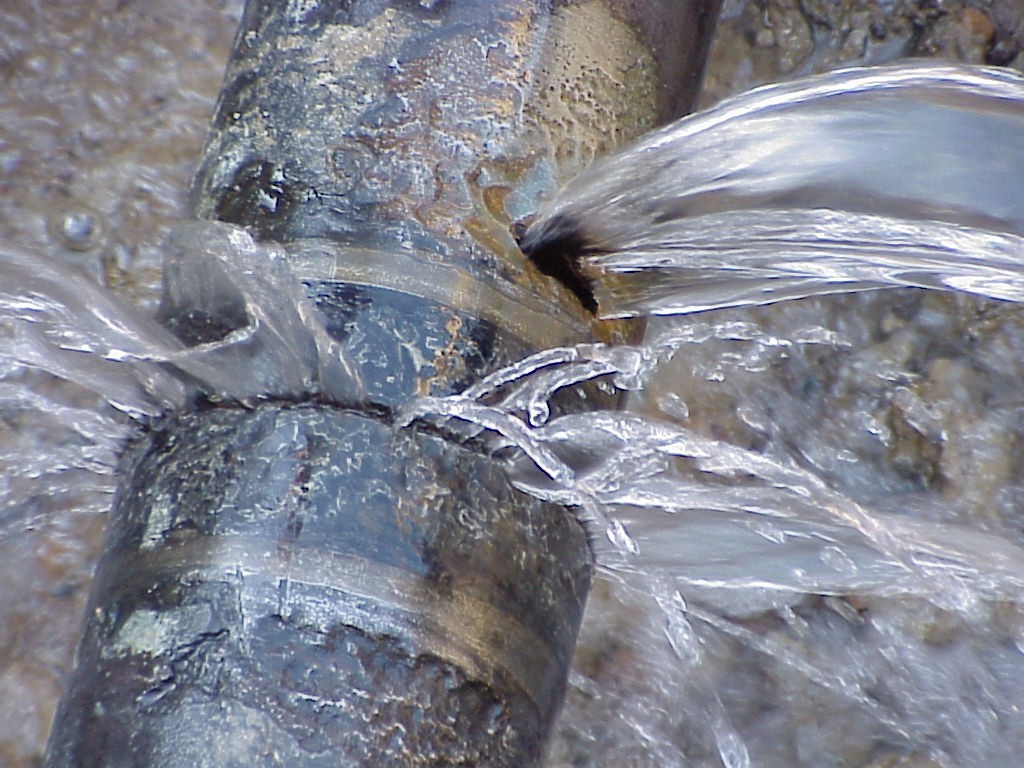Nearly all homes are built on concrete slabs because the soil is very unstable and the water table is very high. Slab foundations may reduce some of the structural risk to your home, but it won’t eliminate it.
Most of the soil has a high content of clay, which is sensitive to moisture fluctuations. Introduction of water into clay causes it to expand and heave upward, subjecting foundations to pressures from underneath. In extreme cases, the slab and flooring can erupt and water floods every room on the ground floor. Homes also have sewer lines that direct the flow of waste water out from the house, which can crack and cause damage, too.
The slab leak can erode the soil and cause the slab to collapse. When the slab fails, its weight breaks the plumbing lines beneath, causing a rush of water into the home. If the soil moves too much, pipes can develop leaks. A leak beneath a home can cause the soil to shift even more, making the leak worse. This increasing damage makes early leak detection essential. But these problems can be reduced with the help of your certified technicians.

